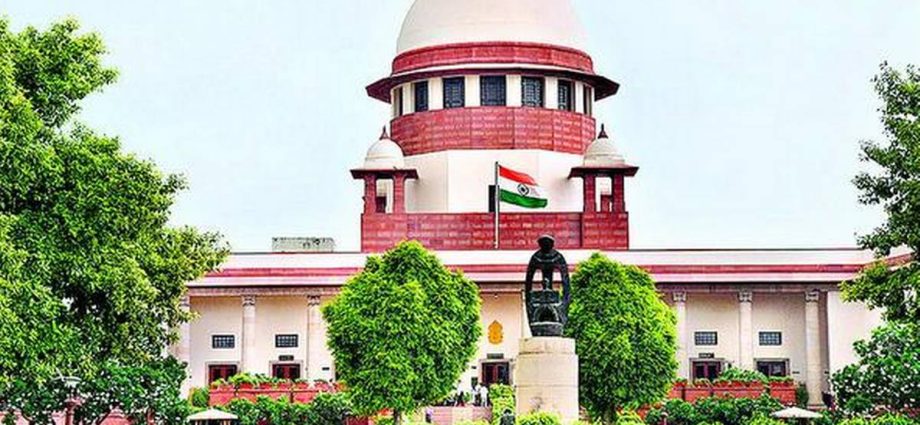By Isaac Gomes
Kolkata, Oct 12, 2023: The Enforcement Directorate, better-known as ED, could arrest any citizen even without possessing any evidence of the alleged financial scam. It seemed to have the absolute right of arrest.
However, in a landmark judgment on October 3, the Supreme Court criticized the ED for ‘arbitrary exercise of power’ and said it must provide a written explanation of why it was making an arrest.
In its judgment in the case Pankaj Bansal versus Union of India, the apex court told the federal government categorically that there is no provision in the Prevention of Money Laundering Act which entitles the ED to arrest a person merely on allegations of a financial corruption/ scam.
So long the ED’s standard approach has been to justify arrest under the excuse of the alleged scamster’s non-cooperation to summons/in the investigation. But the court said the denial of guilt by a person cannot be construed as non-cooperation.
Rather, the court asked the ED to pay attention to three provisions which are clearly stated in the law –the reason for arrest must be clearly recorded in writing by the arresting officer; the arrest document must be properly signed; and the copy of the arrest document must be given to the accused person before the arrest.
The court reiterated there would be no exception to these stipulations. It reminded the ED that an accused is not a criminal, and an attempt to prove a charge against an accused does not mean that the charge has been proved. Therefore, to ensure the constitutional rights of a citizen, it is imperative for a democratic government to document that a citizen is being arrested on a specific provable charge and not out of retaliation.
The judgement is great for the country. The way in which the leaders of various opposition political parties and their close businessmen and other citizens have been made targets of the ED during the current federal government is no secret matter.
Currently, 95 percent of political entities against whom the ED is hyper-active are opposition leaders. In March this year, 14 opposition parties approached the Supreme Court alleging that the ED was being used purely for political vendetta of the ruling dispensation.
In some recent incidents, the Solicitor General on behalf of the government has tried to justify arrests by the ED on grounds of ‘non-cooperation’. The judgement is particularly important in this context. It is not difficult to understand why the pronouncement of the bench comprising Justices A.S. Bopanna and P.V. Sanjay Kumar is far-reaching. The government decision to file a review petition is telling.
As has happened time and again in the history of independent India, the Supreme Court of India, while hearing a particular case, has interpreted an existing law in such a manner, that it would be unjust and improper for the government in power to disregard it.
The clear and unequivocal manner in which the Supreme Court of India interpreted Prevention of Money Laundering Act not only brings a lot of hope to the opposition parties but also for the common citizen. The court reminded the government that ensuring the rights of citizens is the cornerstone of any democracy.
In this background, the Supreme Court has once again drawn a Laxman Rekha and clarified that state institutions cannot be misused by the government to satiate its own petty political interests.
The judgement is quite relevant to our Church institutions. Of late there have been several reports on persecution of Church institutions in several states. It would be advisable for the Church to take note of the above judgement to ward off sudden arrests for financial corruption/scams.


The judgement is a telling blow on the Dadagiri of the current dispensation.
Absolute power corrupts absolutely